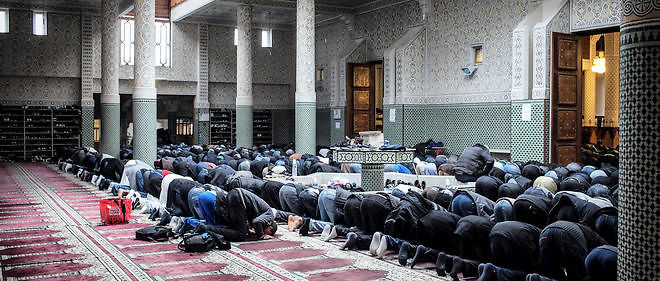By Jesper Termansen Eyvind Vesselbo, member of the Liberals, statistician and culture sociologist, wants to investigate new totals that show that especially Turks and Pakistanis slip through the 24 year law and the requirement for a connection to Denmark. Resident Turks and Pakistanis have found a loophole to come to Denmark without needing to abide by the 24 year law. There are clear statistics that show that, says Vesselbo, who had analyzed the latest immigration statistics. It shows a marked pattern: since the tightening of the family reunification law in 2001 the number of Turks and Pakistanis coming through marriage immigration had gone down. But those who came to Denmark for education and work went up. In fact, the number of immigrants had stayed constant overall, and taking it all together, the same number come today as those who came for family reunification in 2001. Vesselbo says that the numbers indicated that both Pakistanis and Turks have found out that the 24 year law and the requirement for a connection to Denmark, like the other requirements for family reunification, can be avoided by coming to Denmark for work and studying. Head of the immigration council in _rhus, Leif Randeris, says outright that he advises Turks and Pakistanis on how to evade the laws. “It’s like water, that finds the easiest way.” Integration minister Rikke Hvilsh_j denies that it’s a problem in itself if the total number of people coming on education or work residence permits is going up. “It can’t be denied that it is worth investigating. But if we have succeeded in converting passive family reunification to active study residence, than that is a good development, providing that they also learn or work.” Eyvind Vesselbo agrees but thinks there is one basic problem in such a case – if people can come for work or studies, is the 24 year law, and the limitation of people’s right to marry, really necessary?
Denmark: Evading the 24 year law






